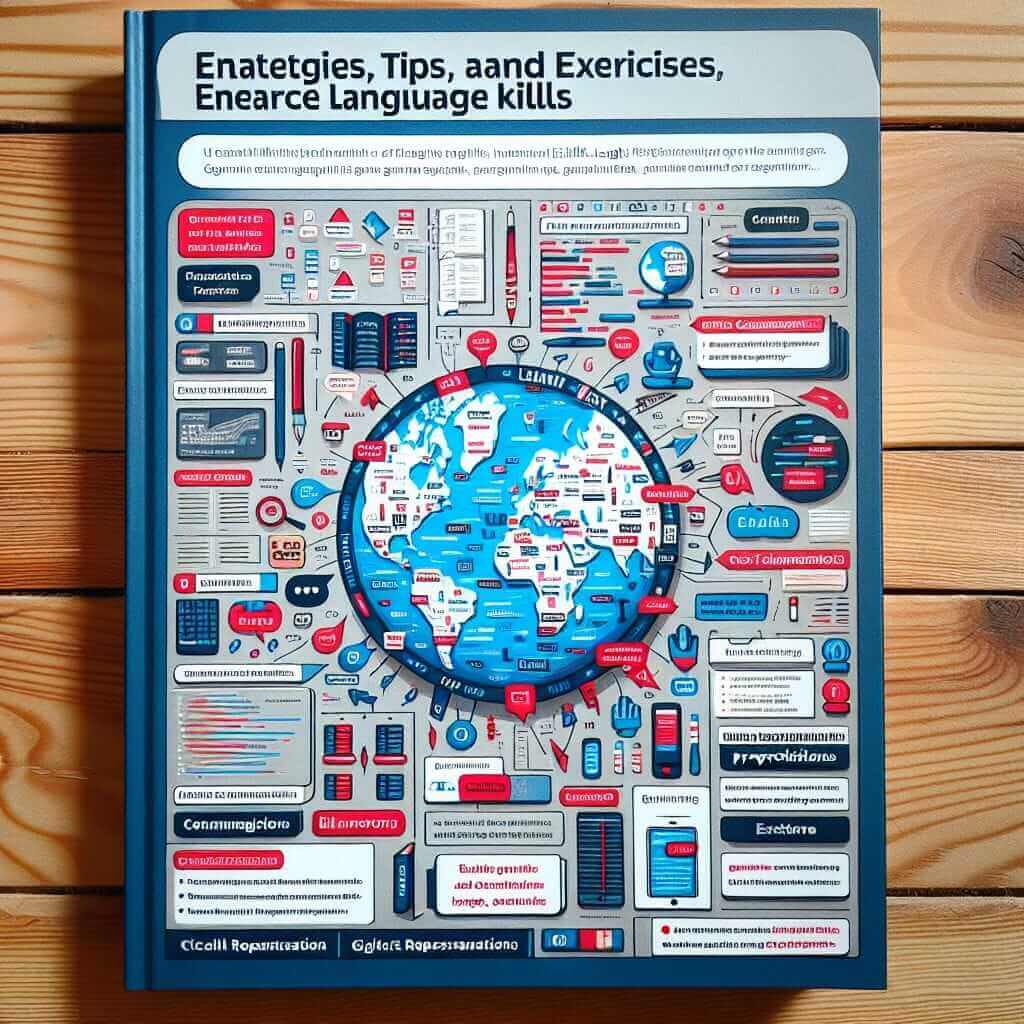Mastering grammar is crucial for achieving a high score in the IELTS exam. It forms the backbone of your speaking and writing, enabling you to communicate your ideas clearly, accurately, and effectively. This article provides a comprehensive guide on how to improve your IELTS grammar, covering everything from understanding common grammatical structures to avoiding common errors.
Understanding IELTS Grammar Requirements
The IELTS exam assesses your ability to use a wide range of grammatical structures accurately and appropriately in different contexts. This includes:
- Tenses: Present simple, present continuous, past simple, past continuous, present perfect, past perfect, future forms, etc.
- Voice: Active and passive voice
- Articles: Definite (the) and indefinite (a, an) articles
- Nouns: Singular/plural, countable/uncountable
- Pronouns: Personal, possessive, reflexive
- Adjectives and adverbs: Comparative and superlative forms
- Prepositions: Time, place, direction
- Conjunctions: Coordinating and subordinating
- Conditional sentences: Zero, first, second, and third conditionals
- Reported speech: Changing tenses and pronouns
Common IELTS Grammar Mistakes and How to Avoid Them
Let’s delve into some frequently encountered grammatical errors that IELTS candidates make:
1. Subject-Verb Agreement
Problem: Using the wrong verb form with the subject.
Example:
- Incorrect: The majority of people believes in climate change.
- Correct: The majority of people believe in climate change. (“Majority” is a collective noun, taking a plural verb)
2. Article Misuse
Problem: Incorrect or omitted articles (a, an, the).
Example:
- Incorrect: I want to become engineer.
- Correct: I want to become an engineer. (“An” is used before a singular, countable noun starting with a vowel sound).
3. Tense Confusion
Problem: Using inappropriate tenses for the context.
Example:
- Incorrect: I have been living in London for two years, and then I moved to Paris.
- Correct: I lived in London for two years, and then I moved to Paris. (Use simple past for a completed action in the past).
4. Incorrect Preposition Use
Problem: Choosing the wrong preposition, which can alter the meaning of the sentence.
Example:
- Incorrect: I am interested on learning new languages.
- Correct: I am interested in learning new languages. (“Interested” is always followed by the preposition “in”).

Applying Grammar in IELTS Writing Task 2
Let’s examine how to implement these grammatical principles in an actual IELTS Writing Task 2 scenario:
Topic: Some people believe that the government should invest more money in public transportation, while others think that it is better to invest in roads. Discuss both views and give your own opinion.
Sample Answer (Band 8):
The allocation of government funds for infrastructure development is a subject of ongoing debate. While some argue that prioritizing public transportation deserves greater financial backing, others contend that investing in road infrastructure is more beneficial. This essay will delve into both perspectives before presenting the author’s viewpoint.
(Notice the use of complex sentences, appropriate vocabulary, and accurate grammar).
Effective Strategies to Improve Your IELTS Grammar
-
Identify Your Weak Areas: Analyze your previous writing or speaking performances to pinpoint areas where you consistently make grammatical mistakes.
-
Focus on One Area at a Time: Instead of trying to tackle everything at once, concentrate on improving one grammatical area at a time. For example, dedicate a week to mastering articles, then move on to prepositions.
-
Practice Regularly: Consistent practice is key. Allocate time each day for grammar exercises, writing tasks, and speaking drills.
-
Use Authentic Materials: Engage with English-language materials like news articles, books, and podcasts to observe grammar in context.
-
Seek Feedback: Ask a teacher or language partner to review your writing and speaking to highlight areas for improvement.
Conclusion
Improving your IELTS grammar is an achievable goal with focused effort and consistent practice. By understanding the requirements, identifying your weak areas, and utilizing effective learning strategies, you can enhance your grammatical accuracy and boost your overall IELTS score. Remember, consistent practice and a dedicated approach will pave the way for success in your IELTS journey.